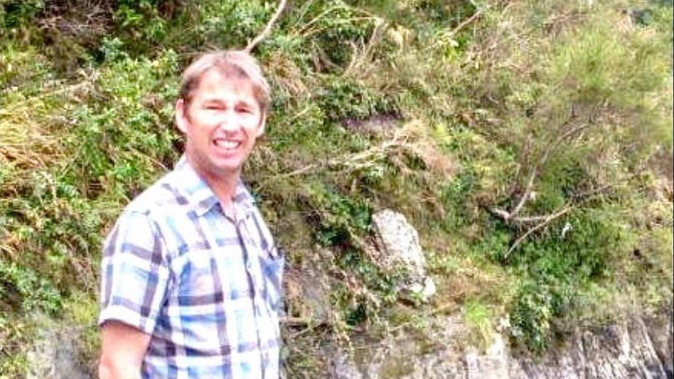

A Taupō man has today become the first New Zealander ever to be convicted of sabotage after pleading guilty to seven counts of the charge.
But the details of Graham Philip's offending remain suppressed. A non-publication order is in place due to fears of copy-cat offending.
Philip, an IT professional and anti-vaccination campaigner, was charged with seven counts of wilful damage in December. The charges were upgraded to seven of sabotage earlier this year.
The charges relate to an alleged attack on New Zealand infrastructure late last year, which caused more than $1 million dollars in damage.
If successful, "the consequences of the damage could have been very grave", Crown Prosecutor Amanda Gordon previously told the High Court.
At a High Court hearing in Rotorua today, Philip stood in the dock and pleaded guilty to all charges, and convictions were entered.
Sabotage is legally defined in the Crimes Act as any activity which impairs or impedes the operation of "any ship, vehicle, aircraft, arms, munitions, equipment, machinery, apparatus, or atomic or nuclear plant" on New Zealand shores.
A person can also be charged with sabotage if the person "damages or destroys any property which is necessary to keep intact for the safety or health of the public".
A conviction also requires a proven intent to prejudice the health or safety of the public.
- First man ever accused of sabotage appears in court
- Man charged with sabotage believed to be first in NZ history
Philip will be sentenced on December 1, according to Stuff.
Sabotage charges never laid before
Speaking to Open Justice earlier this year, University of Waikato law professor Alexander Gillespie, who specialises in international and conflict law, said he was not aware of any instance where the charge has been laid in New Zealand, largely due to the offence being subsumed by the country's modern terrorism legislation.
"It's a historical offence. A lot of the rules around sabotage came out in the Second World War when we were scared about foreign interference," Gillespie said.
The legislation was kept after societal unrest led to concerns of homegrown offending.
"Then there was a concern about sabotage at the 1951 Waterfront strike. It was kind of a pre-terrorism charge, it came from a period when there was public disorder, but not terrorism as we know it today.
"It was mainly about the unions if I'm honest - the militant left. There were concerns some would do things like bring down bridges or destroy locomotives."
Gillespie said it was surprising to hear authorities utilising the typically idle section of the Crimes Act.
The most recent example of where the charge was considered was the case of Peter Murnane, Samuel Land and Adrian Leason, who were all arrested on suspicion of breaking into Blenheim's Waihopai spy base and bursting a satellite dome in 2008.
Police openly considered laying sabotage charges, but ultimately decided against the move after seeking legal advice.
- Ethan Griffiths, Open Justice
Take your Radio, Podcasts and Music with you








